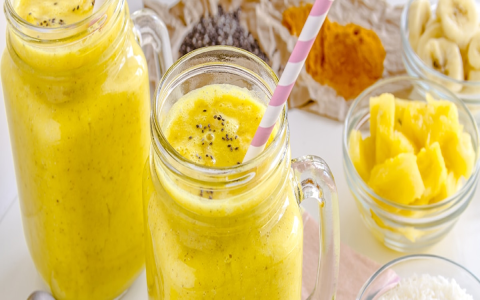I. The Silent Struggle: Why Does Alcohol Cause a Bloated Stomach?
If you’ve ever enjoyed a few drinks only to find yourself battling an uncomfortable bloated stomach afterward, you might have wondered: Can alcohol really cause bloating?
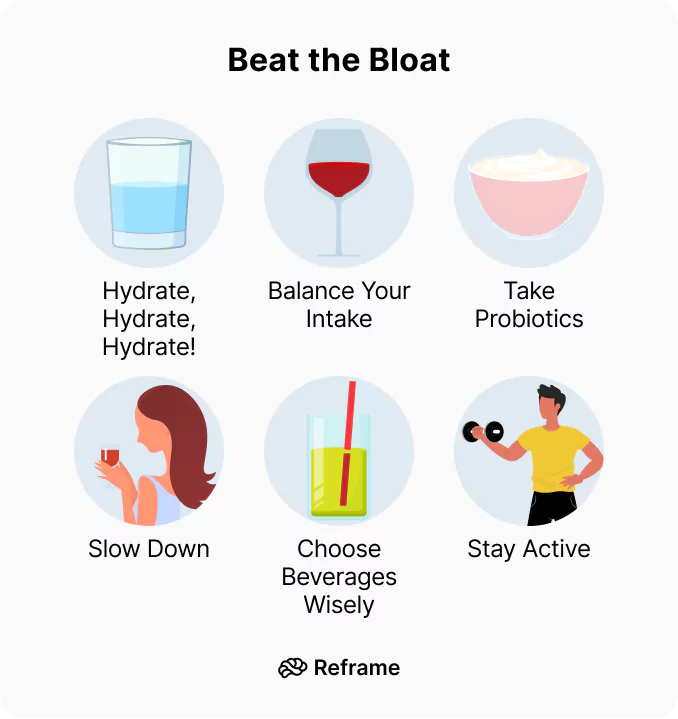
For many people, bloating can feel like an invisible weight in the stomach—distending your abdomen, making it uncomfortable to sit, stand, or even move. In some cases, it comes as a result of drinking, but it doesn’t always show up immediately after. The reality is, alcohol can play a significant role in bloating, and understanding why it happens can be the first step toward relieving discomfort.
In this article, we will explore the science behind how alcohol affects your digestive system, why it might lead to stomach bloating, and—most importantly—how you can find relief.
II. Understanding Bloating: What Is It, and Why Does It Happen?
Bloating refers to a feeling of fullness, tightness, or swelling in the abdomen. It often results from excessive gas production, but it can also stem from food intolerance, constipation, or digestive issues. The sensation can be mild or severe, and for many, it can interfere with daily activities.
Symptoms of bloating include:
When it comes to alcohol-induced bloating, this condition tends to manifest when the digestive system struggles to process the substance effectively. But how exactly does alcohol impact digestion?
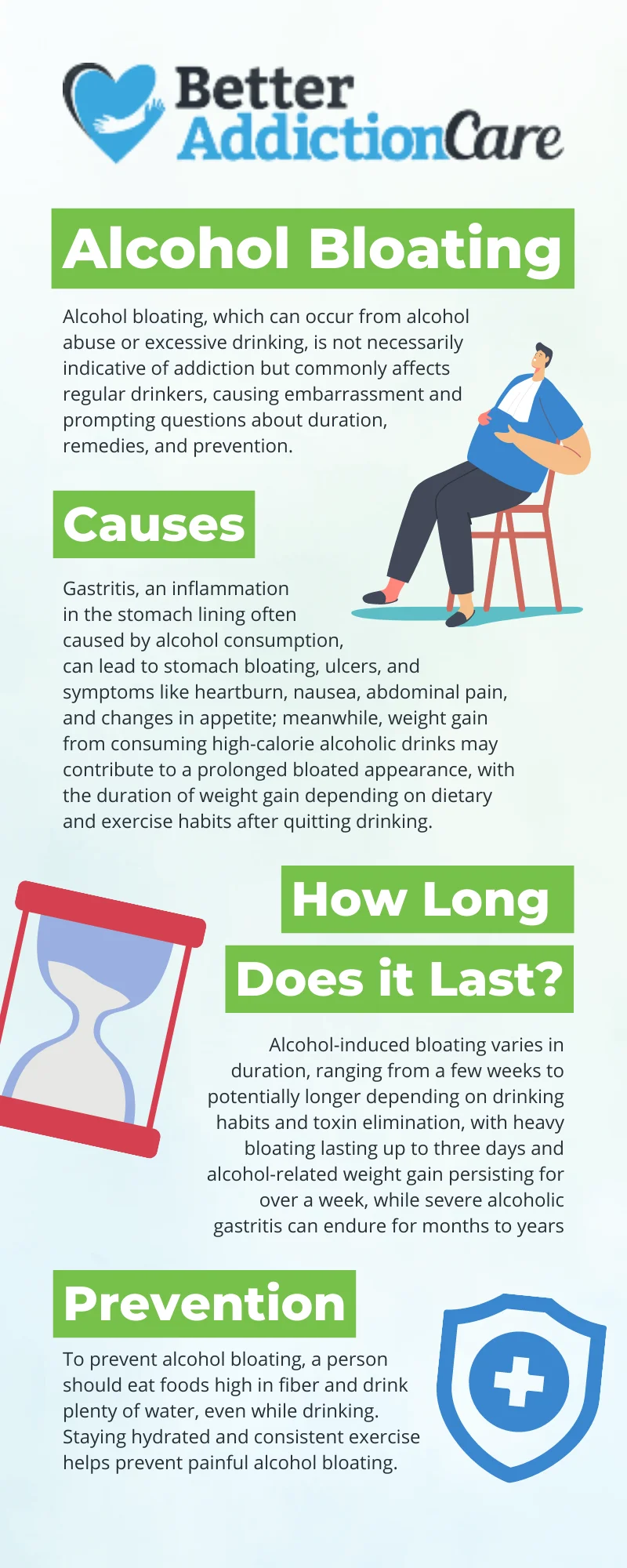
III. The Science Behind Alcohol and Bloating: Can It Really Cause It?
Yes, alcohol can cause a bloated stomach, and there are several ways in which this occurs.
1. Alcohol’s Effect on Digestive Enzymes
Alcohol can irritate the lining of the stomach and disrupt the secretion of digestive enzymes, leading to slower digestion. This can result in food lingering in the stomach longer, causing gas and bloating.
When food isn’t digested as quickly as it should be, it ferments in the stomach, producing gases that accumulate, leading to the sensation of bloating.
2. Alcohol and Gut Flora Imbalance
A less commonly discussed aspect of bloating is the effect alcohol has on gut flora. Research shows that excessive alcohol consumption can alter the balance of beneficial bacteria in the gut, causing an overgrowth of harmful bacteria. This imbalance can lead to gas production, bloating, and indigestion.
A study published in Alcohol Research & Health has confirmed that alcohol can disrupt the delicate balance of gut microbiota, especially when consumed in large quantities.
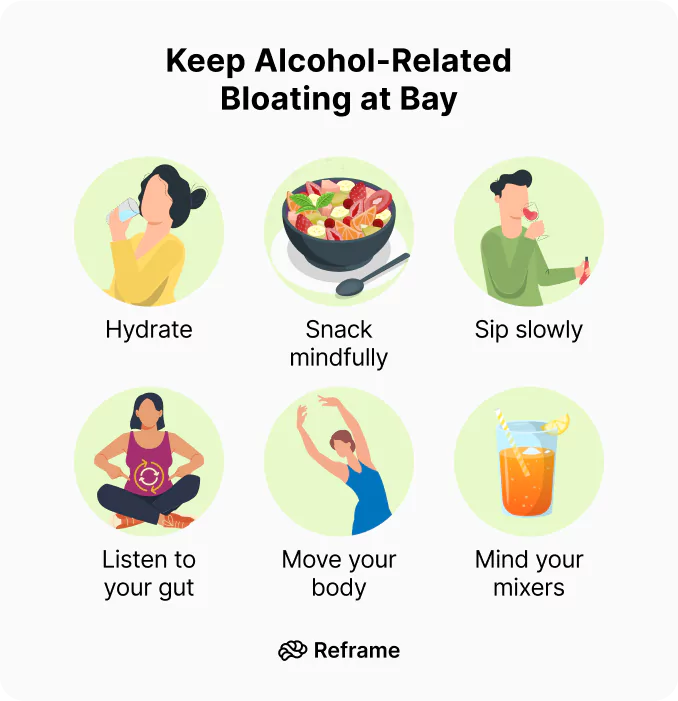
3. Increased Acid Production
Another contributing factor to bloating is increased stomach acid caused by alcohol consumption. Alcohol stimulates the production of gastric acid, which can lead to acid reflux and heartburn. When the stomach becomes irritated, it may cause discomfort and bloating as the body struggles to deal with the excess acid.
4. Dehydration and Fluid Retention
One of the most overlooked causes of bloating after drinking is dehydration. Alcohol is a diuretic, meaning it increases the production of urine and leads to fluid loss. However, this dehydration can cause the body to retain water, leading to bloating, especially in the abdomen.
IV. How to Relieve a Bloated Stomach Caused by Alcohol: Practical Solutions
If you’ve experienced bloating after drinking, you’re probably eager to find relief. The good news is that with the right approach, you can reduce bloating and avoid discomfort.
1. Hydrate Properly
To combat the dehydrating effects of alcohol, make sure to drink plenty of water before, during, and after consuming alcohol. This will help flush out excess sodium and reduce the fluid retention that causes bloating. Aim for at least 8 oz of water for every alcoholic drink you consume.
2. Choose Your Drinks Wisely
Certain types of alcohol are more likely to cause bloating than others. For instance:
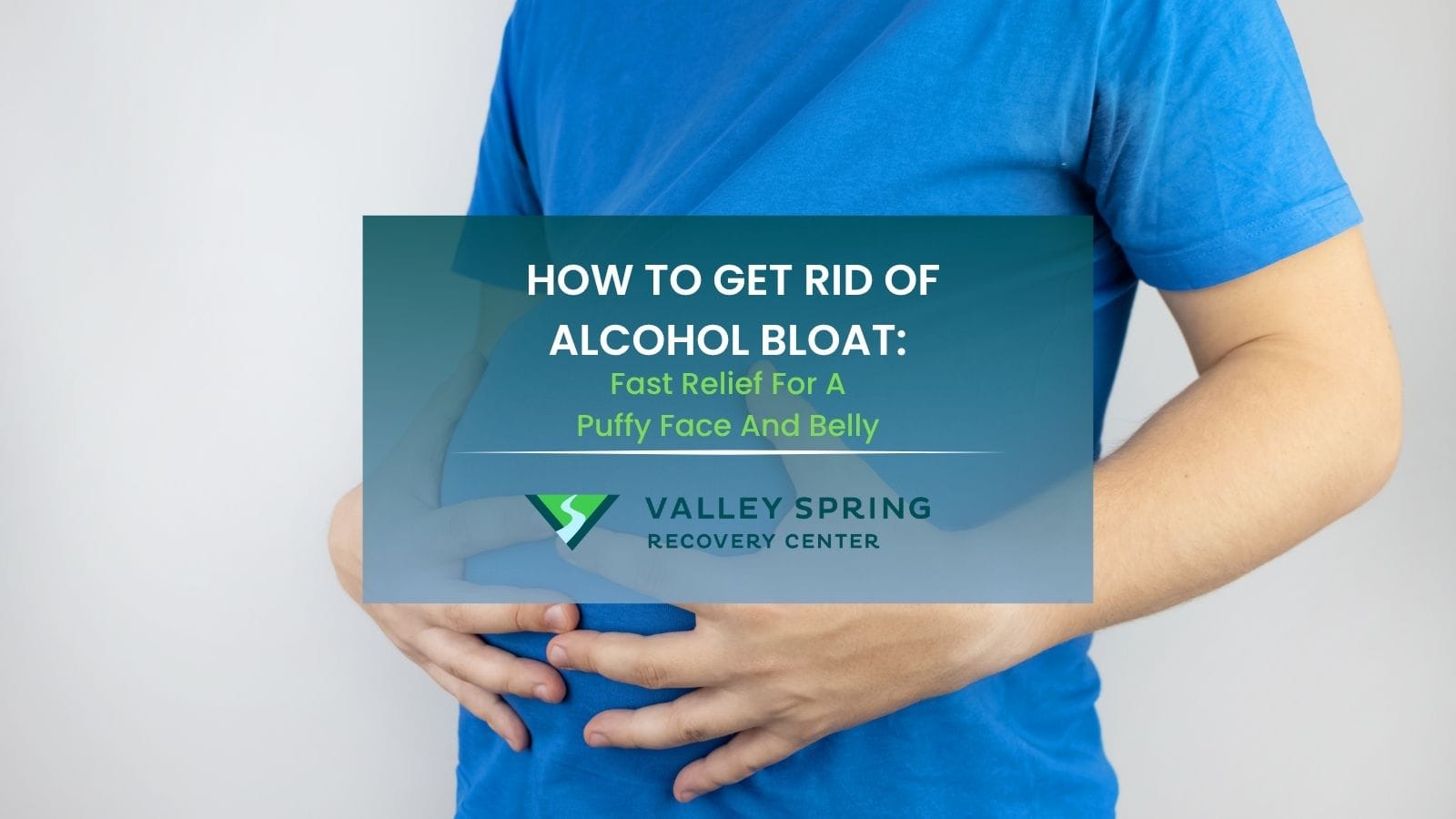
If you enjoy mixed drinks, consider using soda water or fresh fruit juices instead of sugary mixers.
3. Avoid Overeating While Drinking
Eating large, heavy meals while drinking can exacerbate bloating. If you plan to drink, opt for lighter foods such as salads, fruits, and grilled proteins. Avoid spicy, greasy, or overly rich foods that can irritate your digestive system and contribute to bloating.
4. Manage Stress and Anxiety
Stress can intensify the physical symptoms of bloating. When you’re anxious or stressed, your body may produce more stomach acid, and digestion can slow down. Practicing deep breathing or mindfulness during social events or when drinking can help reduce anxiety and prevent bloating from getting worse.
5. Take Probiotics or Digestive Enzymes
Probiotics help restore balance to the gut microbiota and may ease digestion. You can take a probiotic supplement before or after drinking to help prevent bloating. Additionally, digestive enzyme supplements can support the digestion of food and alcohol, reducing the likelihood of stomach upset.
V. When to Seek Medical Help: Serious Symptoms of Bloating
While bloating caused by alcohol is usually temporary, there are times when it might signal a more serious issue. Seek medical attention if:
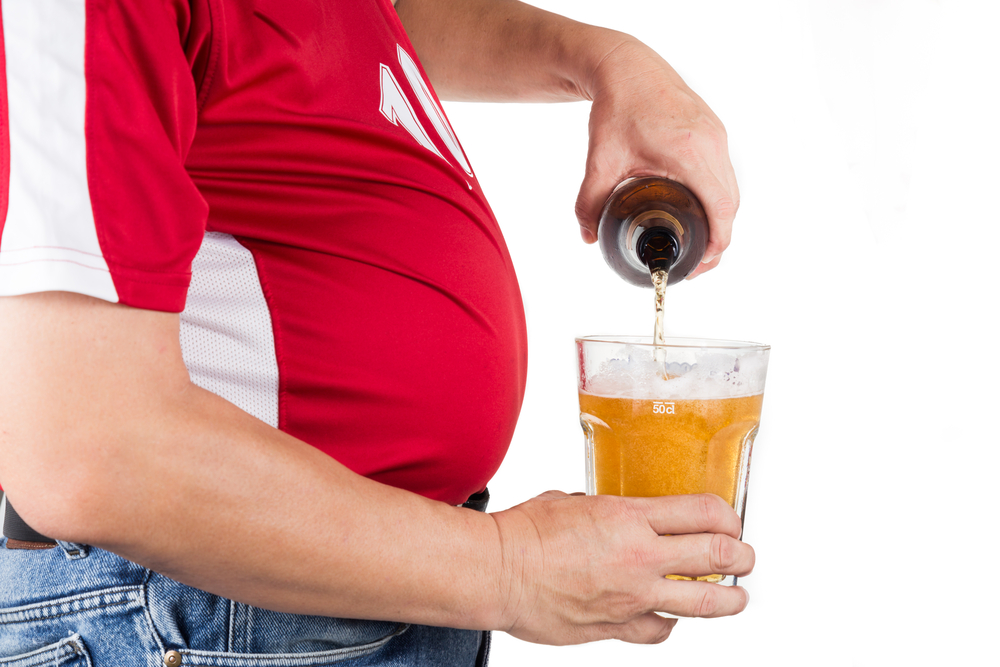
These symptoms could indicate a more serious gastrointestinal condition, such as gastritis, gastroesophageal reflux disease (GERD), or even food intolerances.
VI. Empowering Yourself: Take Control of Your Gut Health
If alcohol-induced bloating is something you struggle with, you’re not alone. Understanding the science behind why alcohol causes bloating and knowing how to manage it can empower you to make more informed decisions about your health.
By paying attention to what you drink, how you hydrate, and the foods you consume alongside alcohol, you can reduce bloating and continue enjoying social activities without the discomfort.
VII. Final Thoughts: Finding Your Balance
Can alcohol cause a bloated stomach? Absolutely. While occasional bloating is a common side effect of drinking, understanding the root causes—like dehydration, gut imbalance, and increased acid production—can help you take actionable steps to avoid discomfort.
Remember, small adjustments in your drinking habits and lifestyle can make a significant difference. By managing your hydration, food choices, and stress, you can enjoy your favorite drinks without the dreaded bloated stomach.
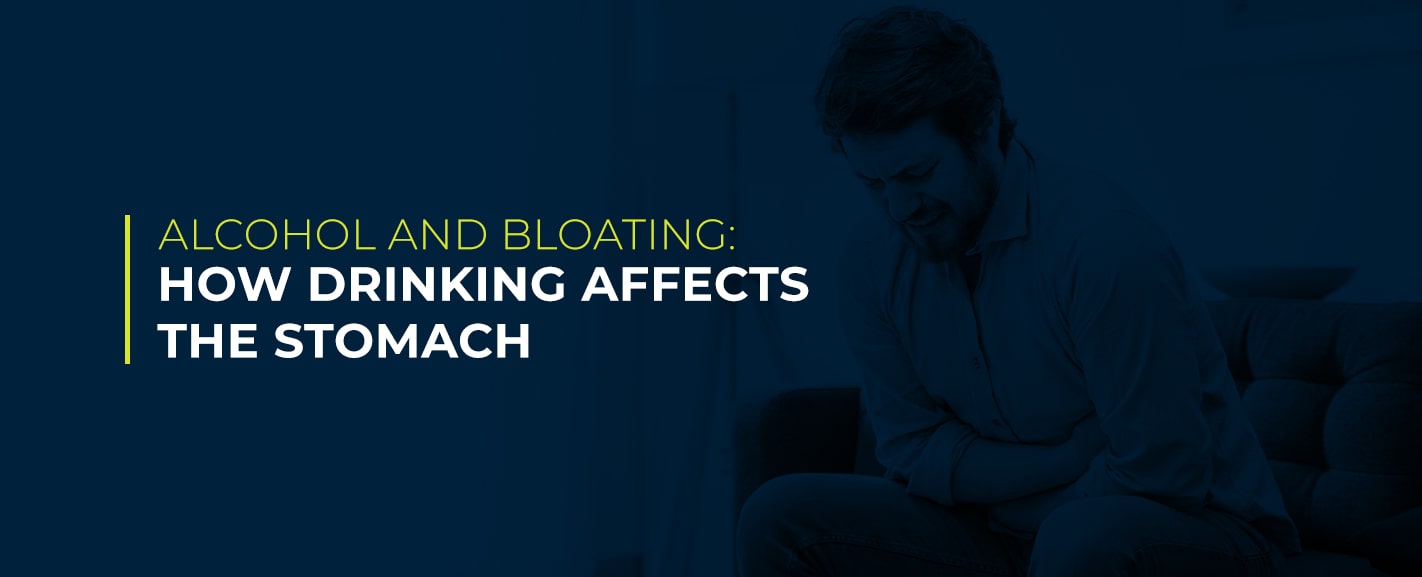
If you found this article helpful, share it with others who might be struggling with similar symptoms, or bookmark it for future reference when you need quick relief tips.
VIII. Call to Action: Your Next Steps for Relief
Taking small, thoughtful steps can help you manage bloating and reclaim your comfort after enjoying a drink.
If you’d like more personalized advice or have any questions, don’t hesitate to reach out. Your health journey is unique, and finding what works best for you is key to feeling your best.


